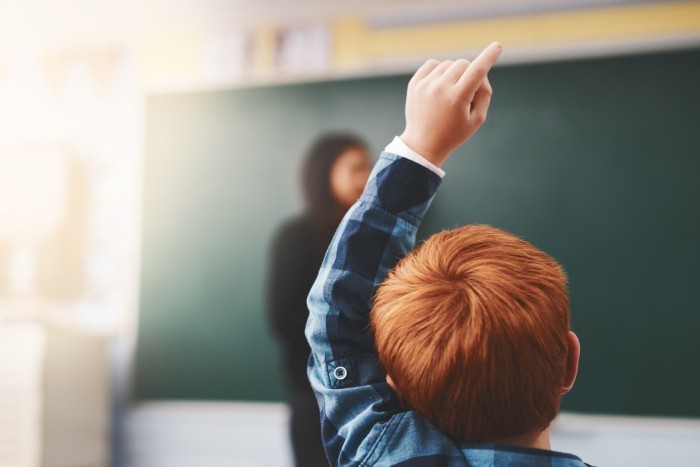Published on: 27th May 2020
Thousands of children in pre-school, reception, year 1 and year 6 may be returning to schools across England from 1 June 2020.
 Here are some top tips to support you and your children who may be returning to school:
Here are some top tips to support you and your children who may be returning to school:
- Remain calm yourself as much as you can. Keep in touch with schools and take part in any surveys they are doing. Be as honest as possible. Try not to have too many worried conversations in front of your children. Save these for after bedtime. Talk to a loved one or friend who you find helpful and reassuring.
- Limit exposure to the news and especially social media. This is more likely to make you and your children feel worried and unsafe. There is also a lot of unhelpful speculation, sparse facts and a lot of anxiety and distress.
- Assure your child that we don’t know anything for definite, but you will let them know as soon as we do. Don’t try to make something up. It is okay to say, “I don’t know”. This can be followed with, “…. But I’ll keep you safe”. .
- Allow your child to talk about their feelings and voice their worries, whatever they may be. These are strange times and their minds and imaginations may run away with themselves. Listen, validate (“it’s completely normal to feel like that at the moment”) and reassure them that you are there and will make sure they are safe. If there is lots and lots of worry talk going around in circles, use activities to distract them and move on if possible.
- If your child is having a difficult time, try to safely name their feelings. For example, "I can see that you are feeling angry / upset / sad. It is really hard right now and I completely understand why you might be feeling like this".
- Try to give your child some choices to help them feel in control. Two choices at a time is enough, such as what to eat at mealtimes
- Talk to your children and explain that school may be different when they go back. Again, listen to their worries, validate them and let them know that you and their school teachers will keep them safe.
Two of our experts from Healthy Young Minds have also shared some additional thoughts:
 Dr Chantal Basson, consultant clinical psychologist, says: “There is a lot of conflicting information around, which naturally makes the situation confusing and anxiety provoking. As human beings we dislike uncertainty; facts help to alleviate our anxiety and worry. It is hard to accept that we don't and can't know.
Dr Chantal Basson, consultant clinical psychologist, says: “There is a lot of conflicting information around, which naturally makes the situation confusing and anxiety provoking. As human beings we dislike uncertainty; facts help to alleviate our anxiety and worry. It is hard to accept that we don't and can't know.
“Whether you have decided to send your children back or prefer them to stay at home, it's important not to feel guilty. Nothing is black and white at the moment, we all have to balance risk with our personal circumstances. If you are working, struggling with home schooling, and feel that your children would benefit from seeing friends and teachers, do what is right for your family. It's important at this time not to judge the choices that one family makes.”
Dr Sergio Sposato, another clinical psychologist, adds: “Anxiety is one of the most common emotions and can cause people to worry that something bad may happen in the future. Given the current circumstances, it is normal for parents to feel anxious; however, it is also important to make sure this anxiety is not passed to their children.”